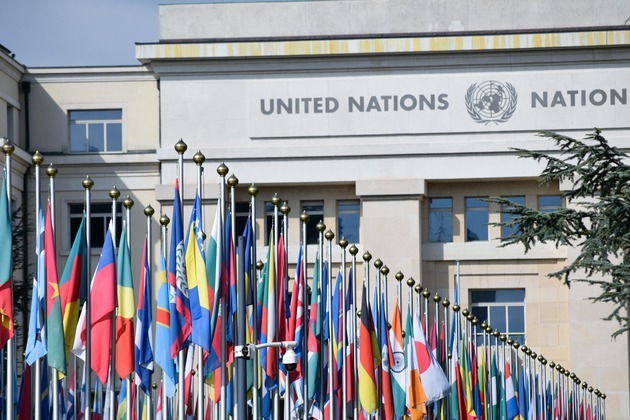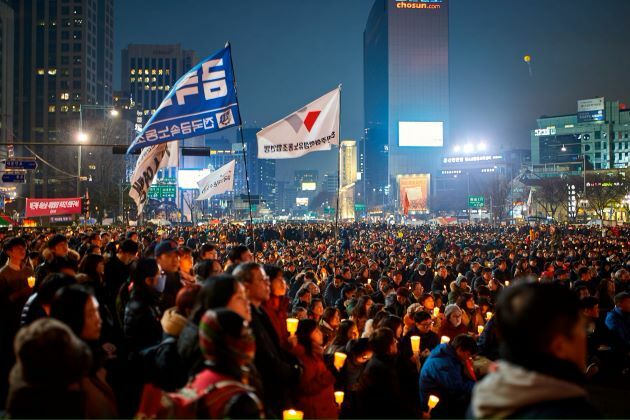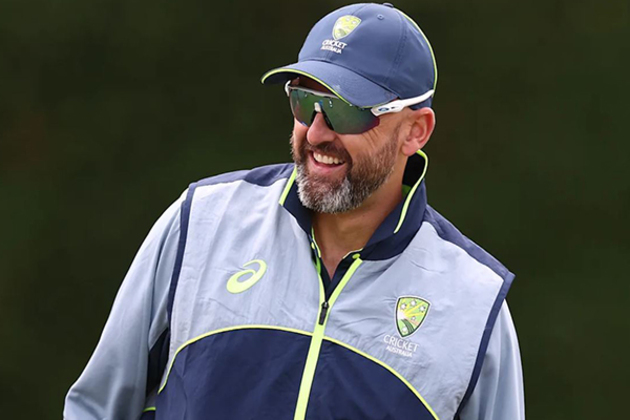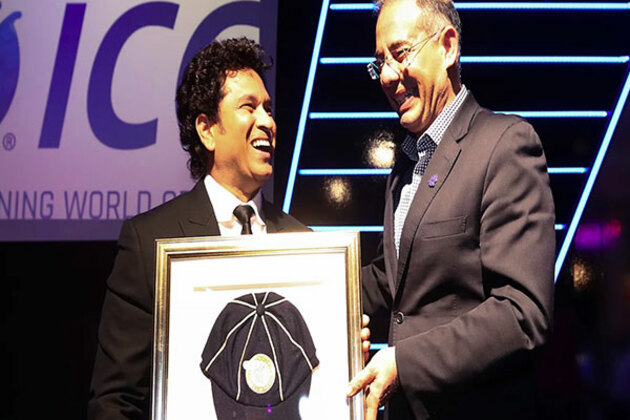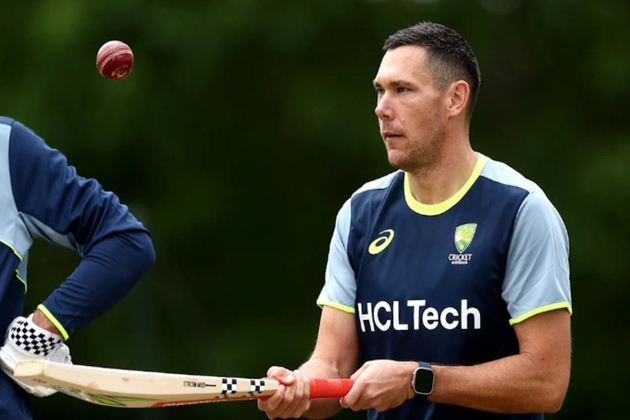Your political views can predict how you pronounce certain words
The Conversation
21 Oct 2019, 17:54 GMT+10

Politics can predict the TV shows we watch, the shops we frequent and the places we live.
But what about the way we speak?
In a recent study, I was able to show how your political orientation can influence how you pronounce certain words.
How members of America's two parties view the country - and its place in the world - might explain this phenomenon.
A tale of two presidents
You may have noticed President Donald Trump has a unique way of saying the names of foreign places.
For example, he's pronounced "Tanzania" as "tan-zay-nee-uh," as opposed to "tan-zuh-nee-uh," and "Namibia" as "nam-bee-uh" instead of "na-mih-bee-uh."
At the other end of the spectrum, President Barack Obama was a "stickler" for saying foreign words in a way that more closely mimicked the pronunciation of native speakers. He was even thanked for it: Pakistanis reportedly expressed appreciation to the White House for his pronunciation of "Pakistan" as "pock-ee-stahn," rather than using a pronunciation like "pack-iss-stan."
My own research has found that this pronunciation difference isn't relegated to presidents. Speakers who identify as Democrats are likelier to use these kinds of pronunciations of foreign words than those who identify as Republicans.
A speech pattern emerges
In my study, I had participants read random sentences out loud, some of which included the names of foreign places, and others that included English words borrowed from foreign languages.
Then I asked them questions about their political identities, views and opinions. I compared their responses to these questions with their pronunciations.
I found that, when compared with Republicans, Democrats are more likely to pronounce
"Iraq" as "ear-rock," rather than "eye-rack" "Chile" as "chee-lay," rather than "chill-ee" "Muslim" as "moose-limb," rather than "muzz-lum" "spiel" as "shpeel," rather than "speel" "foyer" as "foy-ay," rather than "foy-er."
In each case, Democrats pronounced the words in ways that mimicked the way native speakers would say them. For example, pronouncing "spiel" - which comes from German - as "shpeel" more closely replicates how the word is said in Germany.
Why does this happen and why does it matter?
Today's Republicans and conservatives tend to align more strongly with an ideology of nationalism.
This term has been used more in political discourse over the past few years, often in ways that aren't clearly defined.
In social psychology, however, this ideological bent can have multiple dimensions.
Someone who's more "ardently nationalist" might believe that diversity makes it more difficult for a nation to have a shared identity. They're also more likely to believe their nation is superior to others.
Democrats are less likely than Republicans to identify as ardently nationalist. Someone who's less nationalistic also tends to have more interest or willingness to interact with foreign people, places or cultures.
This difference may explain the political pronunciation pattern: In my study, Democrats usually scored lower on a nationalism scale. And this score correlated with speakers' pronunciations, too.
So Democrats are often more receptive and accommodating to foreign people and cultures. And the way they pronounce foreign words reflects this attitude.
In cognitive linguistics research, we see this pattern a lot: People tend to speak more like others when they have more positive attitudes toward them.
Perhaps that's why Obama was thanked for pronouncing "Pakistan" more like how Pakistanis do. It wasn't for anything specifically political. The Pakistanis simply reacted in the way someone who hears their name spelled or pronounced the way they prefer would react; they heard it as a sign of respect.
Author: Zachary Jaggers - Postdoctoral Scholar of Linguistics, University of Oregon 
 Share
Share
 Tweet
Tweet
 Share
Share
 Flip
Flip
 Email
Email
Watch latest videos
Subscribe and Follow
Get a daily dose of Cape Town Express news through our daily email, its complimentary and keeps you fully up to date with world and business news as well.
News RELEASES
Publish news of your business, community or sports group, personnel appointments, major event and more by submitting a news release to Cape Town Express.
More InformationInternational
SectionSecurity forces clash with insurgents in North Waziristan
ISLAMABAD, Pakistan: Pakistan's army said on June 4 that its security forces raided a militant hideout and killed 14 insurgents during...
Latvia, Liberia, Colombia win seats on UN Security Council
NEW YORK CITY, New York: The United Nations General Assembly has elected five countries to join the Security Council starting January...
Lee Jae-myung becomes president after South Korea’s political crisis
SEOUL, South Korea: South Korea's new president, liberal Lee Jae-myung, took office on June 4 after a dramatic and chaotic few months....
Britain outlaws single-use vapes over health and litter fears
LONDON, UK: As of this month, it's officially illegal to buy disposable vapes anywhere in the United Kingdom. The new ban, aimed...
Policy debates in South Korean election drowned by personal attacks
SEOUL, South Korea: South Korea's upcoming presidential election has turned into a messy battle full of personal insults and scandals...
Over 25,000 flee as smoke from fires worsens air quality in Canada, US
FLIN FLON, Manitoba: More than 25,000 people in three Canadian provinces have been forced to leave their homes because of wildfires,...
South Africa
SectionSouth Africa has some world-class batters....": Australia's Lyon ahead of WTC final in UK
London [UK], June 7 (ANI): Australian spin veteran Nathan Lyon expressed excitement at the idea of taking on world-class South African...
(SP)FRANCE-PARIS-WHEELCHAIR TENNIS-FRENCH OPEN-WOMEN'S DOUBLES-FINAL
(250607) -- PARIS, June 7, 2025 (Xinhua) -- China's Li Xiaohui (below)/Wang Ziying compete against Kamiji Yui (Japan)/Kgothatso Montjane...
Delhi: Devotees gather at Jama Masjid to offer namaz, celebrate Eid al-Adha
New Delhi [India], June 7 (ANI): Scores of devotees thronged the historic Jama Masjid on Saturday morning to offer prayers and celebrate...
Delhi police conducts vehicle checking, patrolling ahead of Eid al Adha
New Delhi [India], June 7 (ANI): Delhi police conducted vehicle checking in some parts of the city ahead of Eid-Al-Adha, which will...
Seven legendary players to be inducted into ICC Hall of Fame event on June 9
Dubai [UAE], June 7 (ANI): A total of seven legendary players, five men and two women cricketers, will be inducted in the ICC Hall...
Scott Boland in dark about his spot in Australia's playing XI for WTC final
London [UK], June 6 (ANI): Australia's seasoned quick Scott Boland is still in the dark about his potential appearance in the World...


